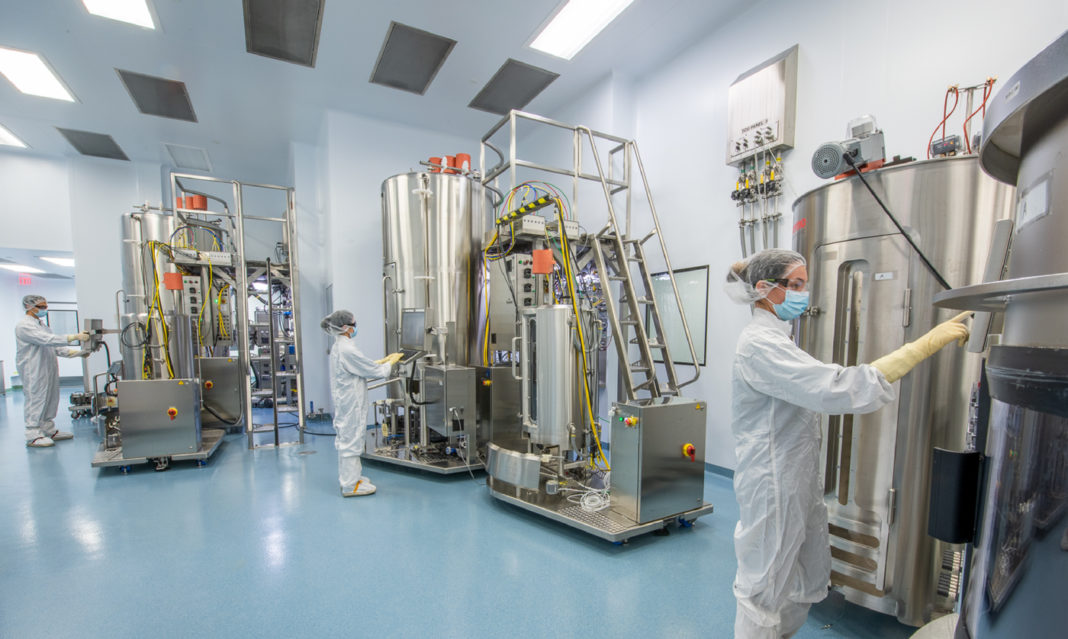Timothy Compton, chief commercial officer at Avid Bioservices, says that pharmaceutical companies outside of the U.S. planning to tap into the U.S. market want to leverage CDMOs based in the U.S. The aim is to minimize supply chain risks.
“It makes sense because of the challenges worldwide around the importation of drugs and other goods across borders,” he points out.
Compton, who has nearly 25 years of pharmaceutical industry experience, says it’s a trend on the large molecule front that has accelerated this year. Avid, for example, is seeing a growing number of requests from overseas companies, despite its existing customers being largely based in the US. He believes this is due to Avid’s more than fifteen years’ experience addressing U.S. markets, and also that the company advertises its excess and expanding manufacturing capacity.
“When you narrow your choices, there are probably few companies with the commercial experience we have in the United States and with excess capacity,” he says. “That’s what we’ve heard from customers who’ve done due diligence before reaching out to us.”
Compton says that many U.S.-based CDMOs may currently have manufacturing capacity tied up in projects like Operation Warp Speed, a public-private partnership facilitated by the U.S. government to produce and deliver COVID-19 vaccines, tests, and drugs.
Avid is working on several early-stage COVID-19 programs, as well as focusing on large molecules for oncology and other diseases. To keep up with projected customer demand, the company recently raised $34 million to support an expansion of its single-use manufacturing facility.
As a first stage of that expansion, Avid is planning to add a second downstream suite to its current manufacturing line at their facilities in Tustin, CA.
The second stage of expansion will be to build a third manufacturing line consisting of six 2,000-L bioreactors, Compton explains. Construction of the new line will start as customer demand increases. Once initiated, he expects the new plant to take 18–24 months to come into operation.


